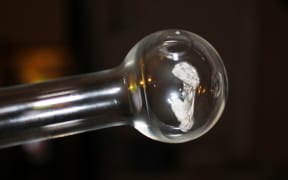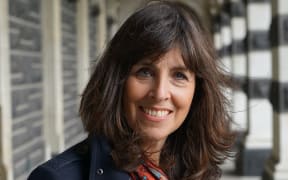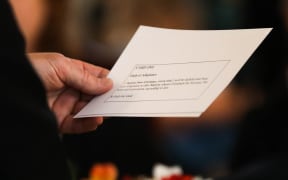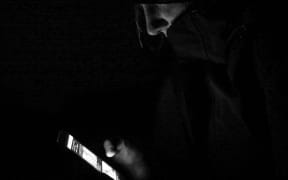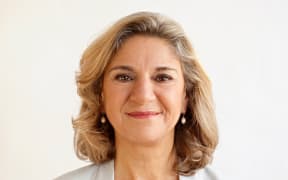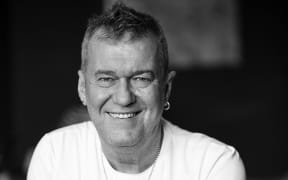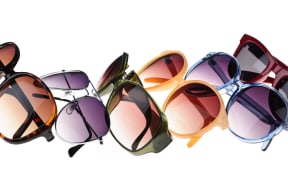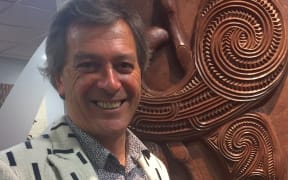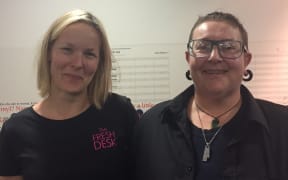Sunday Morning for Sunday 29 October 2017
Have you downloaded our new app?
7:11 New online drug survey launched: Chris Wilkins
A lack of clear data on drug use in the regions is behind the decision to move a pilot programme that tests sewerage outlets for drugs, from Auckland to the regions. Project leader Associate Professor Chris Wilkins from Massey University says there's no clear data on the level of drug-taking in the regions so when health and community workers request better access to addiction services for their communities, they have no data to back them up. Chris Wilkins has already been leading a study that tests Auckland's waterways and sewage ponds for drugs and alcohol in a bid to assess use in communitites. He and researchers at Massey's SHORE and Whariki Research Centre will extending their their testing to regions, as well as launch New Zealand's first online alcohol and drug survey.
Facebook
7:20 After Manus Island, what next for asylum seekers?
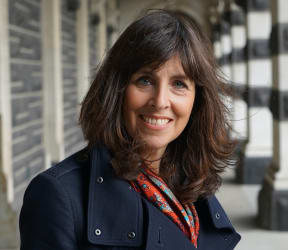
Tracey Barnett Photo: Supplied
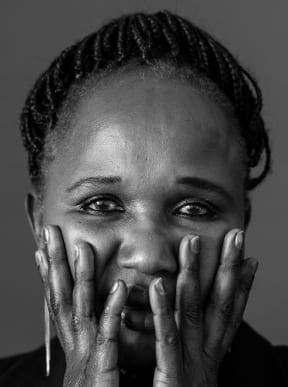
An image from the exhibition Transplanted being held at the New Zealand Portrait Gallery in Wellington Photo: Alistair Guthrie
A refugee advocate is calling for New Zealand to step up ahead of the closure of the Manus Island immigration detention centre in Papua Guinea next week. Tracey Barnett is highlighting the problem in a speech on October 29 at an exhibition in Wellington at the New Zealand Portrait Gallery. It’s called Transplanted and is made up of refugee portraits. Tracey is also the curator of the exhibition which incorporates a 10-day talking space around refugee issues. For now her focus is on how the newly appointed government can step up to help the Manus Island asylum seekers and refugees as the centre is being closed by the Australian government on 31 October.
* Tracey Barnett speaks Sunday October 29 at 11am at the National Portrait Gallery, 11 Customhouse Quay Wellington. See the full schedule of speakers here.
7.30 The House: Who can be an MP?
In a week when a number of Australian MPs were ruled to have been invalidly elected - including Deputy Prime Minister Barbaby Joyce - it's timely to look at the rules here. With the impending swearing in of a new Parliament, Phil Smith talks to legal experts about who's allowed to be an MP - and what can rule you out - or even kick you out.
7:51 Kiwi teens face peer pressure for 'nudes'
New research shows almost one in five Kiwi teenagers has been asked for nude or nearly nude pictures in the past year, but only four percent have shared pictures of themselves. Netsafe conducted the research on 14 to 17-year-olds and found Kiwi teens were slightly less likely than their Australian and UK counterparts to share explicit images - although around 30 percent had felt peer pressure to do so. Netsafe chief executive Martin Cocker talks about the research, ahead of a Australasia's inaugural online safety conference in Sydney next week.
8:10 Insight: Sweden's Child Migrant Mystery
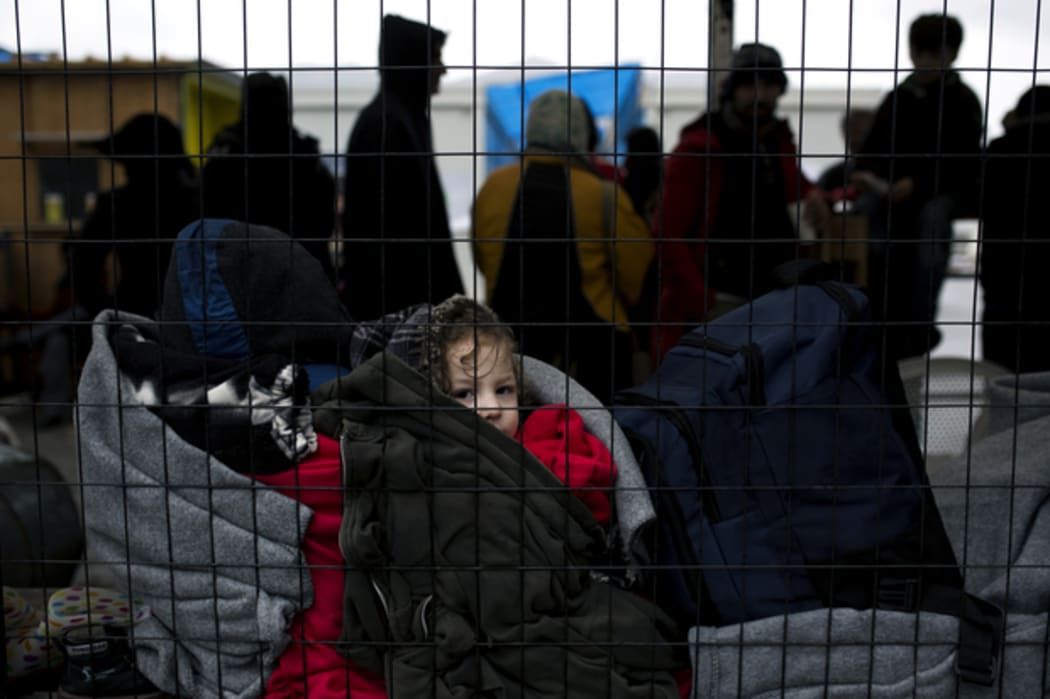
Child migrant queuing to be registered Photo: AFP
For nearly two decades, Swedish health professionals have been treating asylum-seeking children who fall into a deeply listless state. They withdraw from the world, refuse to speak, walk and eat - most end up being tube-fed. Experts agree it is children who have experienced deep trauma who are vulnerable. Doctors link the condition to an uncertain migration status. But why, asks the BBC's Linda Pressly, does it only seem to happen to children in Sweden?
8:37 Economist Armine Yalnizyan: “expose, oppose, propose”
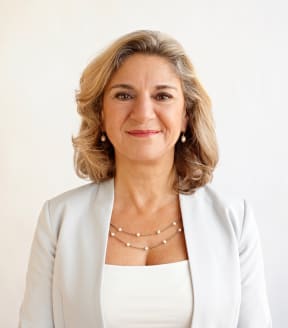
Canadian economist Armine Yalnizyan. Photo: Supplied
Armine Yalnizyan is a progressive economist from Canada interested in concrete solutions for working people. Her “holy trinity” approach to her work is “expose, oppose, propose”.
Yalnizyan presents an alternative analysis of economic issues from a people-centric perspective and is in New Zealand to talk about income inequality and how we can change it. She says governments alone can’t fix it.
9:06 Mediawatch
Produced and presented by Colin Peacock. The three parties in government all had different policies for broadcasting and the media. Mediawatch asks the new minister: what’s the plan now? Also: a slip up from space; and claims of a curse on the All Blacks.
9.40 The brain drain: how smartphones hijack our thoughts
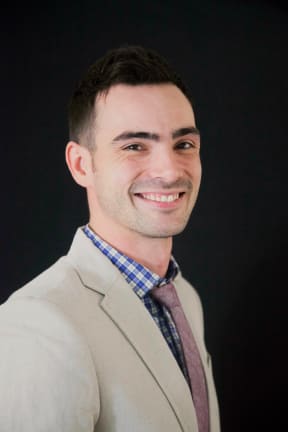
Professor Adrian Ward, from the McCombs School of Business, University of Texas. Photo: Supplied
We already know about the research that phone notifications distract people from their tasks. But new recent research says while smartphones give us a connection to information, news and entertainment, their persistent presence comes at a cognitive cost - as well as your battery draining… your brain is draining too. Even when they're switched off. Assistant Professor Adrian Ward, from the McCombs School of Business, University of Texas, has conducted experiments to measure how well people complete tasks when they have their smartphone at hand, even when it's switched off.
10.05 From boy to man: Jimmy Barnes
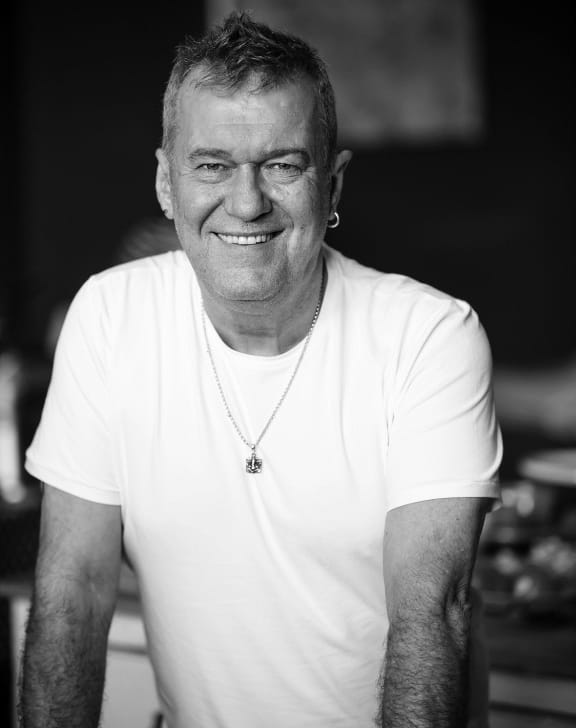
Jimmy Barnes Photo: Supplied
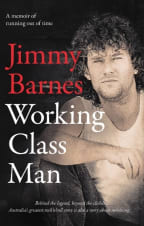
Jimmy Barnes, Working Class Man, part 2 of his memoir following on from Working Class Boy. Photo: Supplied
Jimmy Barnes was frontman of Cold Chisel, once the biggest band in Australia and has gone on to have an even more successful solo career - four No. 1 albums with Cold Chisel, 11 on his own. His new book Working Class Man is part two of his memoir, the first part of which was the best-selling Working Class Boy. That was an insight into his traumatic childhood under the shadow of a dominating Glaswegian father. Working Class Man documents how that childhood shaped him as an adult - flaws and all.
Jimmy Barnes is playing An Evening of Stories & Songs in New Zealand in May 2018.
Tuesday, 8 May 2018 | Isaac Theatre Royal, Christchurch
Thursday, 10 May 2018 | Michael Fowler Centre, Wellington
Friday, 11 May 2018 | Spark Arena, Auckland
Saturday, 12 May 2018 | Claudelands Arena, Hamilton
10:35 How and why we wear sunglasses

Sunglasses take away the access to people's eye, which Vanessa Brown says is a key reason the famous wear them. Photo: Supplied
Is there something about the act of wearing sunglasses that is an extension of yourself? Dr Vanessa Brown, senior lecturer in design and visual culture at Nottingham Trent University, says taking away access to people's eyes is one of the key techniques many famous men and women employ, partly to maintain our attention. Dr Brown’s spent many years researching why we wear sunglasses - and has also written a book about it - Cool Shades, the History and Meaning of Sunglasses.
11.05 Ian Taylor: why we all should learn about the NZ Wars
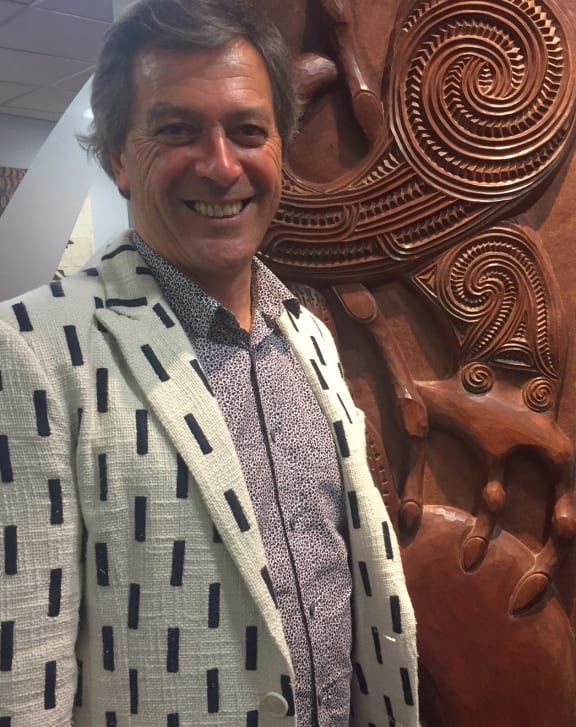
Sir Ian Taylor. Photo: RNZ
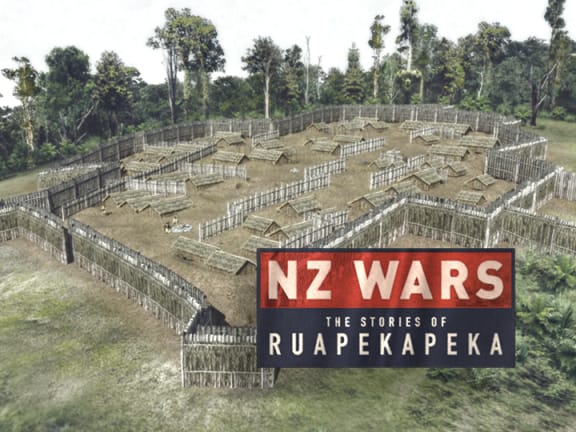
Photo: RNZ / Great Southern Television
Ian Taylor is one of this country's great inventors and runs a world-leading graphics company, Animation Research Limited. Its offshoot Virtual Eye brings to life sports such as cricket, the America's Cup, Formula One and golf. Recently his focus has been bringing to life our history - the New Zealand Wars. His company is behind the animation in Stories of Ruapekapeka, a multi-media project by RNZ in association with Great Southern TV and NZ on Air. He explains why Stories of Ruapekapeka is so important to him.
It's not the first job he's had of course - people will remember him as a TV presenter on Spot On and as a singer in the late 60s and 1970s band The Kal-Q-Lated Risk.
11:35 Fresh approach: Socially aware startup pays cleaners more
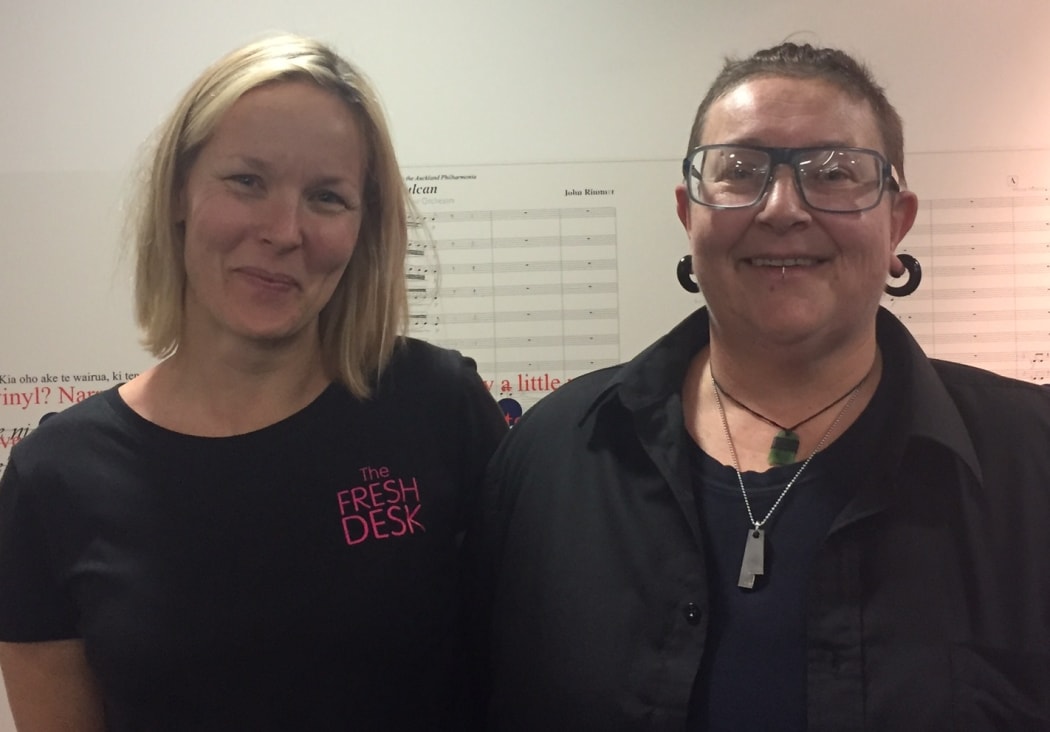
Caroline de Castro, left, and Nicole Oxenbridge of The Fresh Desk Photo: RNZ
The cleaning industry is notorious for paying workers low wages. Most cleaners earn the minimum wage - that’s $15.75 an hour for adults. Wellington start-up The Fresh Desk wants to change that. Its founders Caroline de Castro and Nicole Oxenbridge have just won $18,000 in funding from a business accelerator for social enterprises run by the Akina Foundation "established to support a growing number of socially minded Kiwi entrepreneurs wanting to scale the businesses they founded to address social needs”. Caroline and Nicole play workers in their Wellington business the Living Wage, $4.45 more an hour than the minimum.
